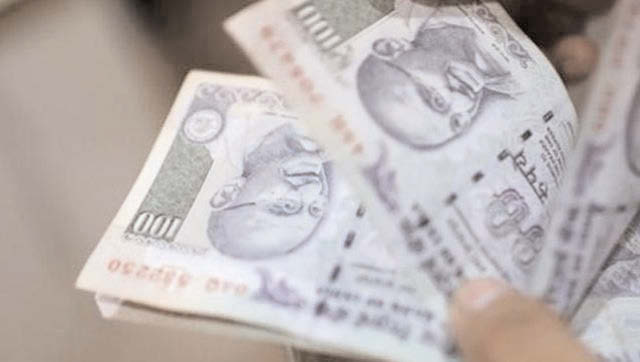NEW DELHI: Two years into its term, the Narendra Modi government has been rated by 62 per cent of metropolitan Indians as having done a good or very good job in a survey done exclusively for TOI and reported by TOI.
It is to be noted that people who said government has done a poor or very poor job has risen from 9 per cent in 2015 to 16 per cent this year.
Modi himself was perceived by nearly half the respondents to the survey (47 per cent) as a strong leader with intent who was being handicapped in delivering on that intent by those around him, a perception that could explain the slightly lower ratings.
This also fits in with the finding that just over half (51%) felt that the strength of Brand Modi had eroded since 2014, though about one in five felt it had actually become stronger.
As was the case a year ago, the Swachh Bharat programme remains the most popular of the various initiatives launched by this gover nment, with 42 per cent picking it as the best. Make In India came in a distant second at 13 per cent.
The failure to create enough jobs was seen as the government’s biggest failing
with 43 per cent choosing this. Interestingly , the next biggest failing was seen as an overly confrontationist attitude towards the opposition.
Responses to the government’s performance on two related areas – black money and corruption – were interestingly different. The government was perceived by just over a quarter of the respondents as having reduced corruption. About 40 per cent said it had made no difference and 23% felt corruption had in fact worsened. On black money, however, there is a less sceptical view that came across.
While 40 per cent said the government had not kept its prom ise on black money, a little over a third felt a good beginning had been made and 15 per cent suggested that the promise had been fully kept.
More than two-thirds of those polled approved of the government’s foreign policy initiatives and over three-fourths felt the Pakistan policy was either courageous or realistic. Barely one in five expressed the opinion that it was blinkered by ideology. The China policy had similar approval ratings.
Less than half of the respondents were willing to give the government any or all of the credit for inflation coming down. About 24 per cent said government efforts had kept prices in check and another 22% said both international factors and government efforts had played a part. About 35 per cent said it was entirely due to international factors and one in five insisted that inflation hadn’t come down at all.
The expectations from the government in its third year not surprisingly mirror these perceptions with job creation emerging as the top priority , followed by tackling farmers’ woes, curbing inflation and boosting the economy .
The survey was conducted by IPSOS, a global market research company in India’s eight biggest cities – Delhi, Mumbai, Kolkata, Chennai, Bangalore, Hyderabad, Pune and Ahmedabad. The 1,348 people polled were aged 18 to 45 and from socio-economic categories (SEC) A and B.
